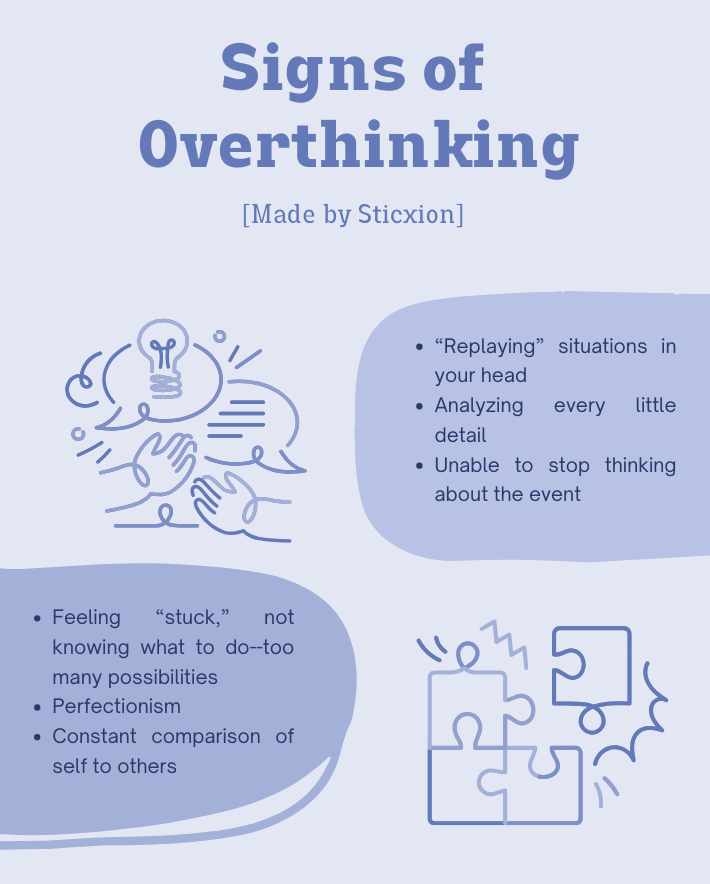# Transforming Journaling into a Powerful Coping Mechanism
Written on
Chapter 1: The Journey to Effective Journaling
I had always known about the psychological advantages of journaling, but it never truly alleviated my stress. A small adjustment, however, transformed it into a vital coping strategy for me.

Photo by Marcos Paulo Prado on Unsplash
As someone who tends to overthink, my baseline anxiety levels are quite high. Whenever I face stressful situations—particularly interpersonal conflicts—my anxiety reaches its peak. My mind becomes inundated with distressing thoughts, envisioning worst-case scenarios and crafting numerous strategies for situations that may never occur.
For a considerable time, I struggled to manage my anxiety. In truth, I think I allowed it to persist because overthinking provided a semblance of comfort. It made me feel as though I had some control over the issue, as if I could anticipate every possible outcome and prepare for each.
However, this only offered a fragile sense of security. The truth is, we cannot predict what will happen until events unfold. Moreover, overthinking may lead us to act prematurely, potentially worsening situations or driving them toward the very outcomes we dread.

I needed a way to channel my thoughts effectively while also finding a sense of closure. In essence, I sought a method to acknowledge my fears without allowing them to fester unchecked.
Initially, my journaling felt monotonous and uninspiring. I would simply document events and my feelings about them. Occasionally, I would assess the factual basis of my thoughts, which was somewhat helpful.
The first crucial insight I gained while journaling was that, after outlining my perceptions and emotions, it was essential to ground myself in reality. Was there genuine evidence supporting my anxious thoughts, or were they more irrational than I had acknowledged? Did I remember events accurately, or had I shaded them negatively?
Despite this reevaluation, I found it only marginally beneficial, leaving me feeling disheartened. It wasn't until I recognized my mistake that things began to change. I realized I wasn't being entirely truthful with myself.
The key to effective journaling for me was embracing radical honesty.
Stay with me.
As I mentioned, overthinking creates a false sense of security, right? I discovered that my previous journaling practices only reinforced that illusion. I was omitting uncomfortable details, emotions, and fears. I focused primarily on manageable anxieties, avoiding the more daunting issues that were challenging to confront directly.
Consequently, journaling became merely a tool to tackle a fraction of the necessary work, while allowing me to feel as though I had done it all.
Now, when I journal, I maintain a similar structure but intentionally delve into more challenging topics as I write.
I start by laying out the basic details and identifying the emotions that arise during the situation or while writing the entry. Here's a little acronym that guides my journaling process:
R: Release
Let go of all your raw thoughts and feelings on paper, without filtering. Allow your mind to flow freely. If something feels uncomfortable to articulate, write it down. This is arguably the most crucial step. Invest time in expressing your deepest insecurities and complex feelings at the beginning of your entry. It doesn't need to be coherent; focus on individual emotions, sensations, and fleeting thoughts to uncover what's lurking beneath the surface during your overthinking episodes.
Sometimes, just completing the Release phase is sufficient, but I encourage following the steps below for deeper self-reflection.
A: Analyze
This part is relatively straightforward. Use only what you know to be factual and connect it to your subjective experiences. What events transpired, and how did each one make you feel? Is this situation a common trigger for your anxiety? Have you faced similar triggers before? What logic underpinned your anxiety—was it rooted in imagining worst-case scenarios or drawing conclusions to shield you from the unknown? How did you feel then, and how does that compare to your current feelings?
This reflective phase allows you to evaluate your experiences as they unfolded and identify patterns in your anxiety responses.
N: Neutrality
Imagine you are a close friend retelling your experience from an outsider's perspective. Are there discrepancies between your perception and what a neutral observer might conclude? How do your distorted perceptions fuel your anxieties?
Maintain objectivity, but this is also an excellent opportunity to practice self-compassion. Consider how a friend would interpret your situation. What emotions would they expect you to feel? Could they see your perspective?
For instance, my friend might understand my fear of abandonment after an argument with my partner, but they would likely remind me that conflicts are common in relationships and that my partner values me and our future together.
While objectivity forms a solid foundation, you can then cultivate empathetic responses toward yourself. This is especially helpful if you struggle to validate your feelings or often feel guilt about them. Remember, experiencing emotions is natural; what matters is how you choose to respond.
T: Truth
This may seem repetitive, but you might be surprised by the inner truths you've been suppressing by this stage of your entry. Review what you've written so far. Did you truly express your feelings? Did you include every detail, or were there uncomfortable aspects you chose to ignore?
I often find that I have unacknowledged truths that emerge as I read what I've documented. For example, I might write about feeling jealous regarding my partner's actions, but the deeper truth I may avoid acknowledging is that I struggle with feelings of inadequacy in deserving my partner's full attention. This realization is far more significant than simply feeling jealous; it reveals underlying wounds that require healing if I hope to prevent similar triggers in the future.
In summary, ensure you are entirely honest with yourself. Unveil those uncomfortable truths! You can always discard or destroy your journal later. Crucially, make sure to nurture those deep-seated insecurities by showing compassion toward yourself and encouraging personal growth.
Chapter 2: Journaling Resources for Self-Improvement
To further enhance your journaling practice, consider watching these videos:
The first video, How to Start Journaling for Self-Improvement + 70 Prompts, offers practical tips and prompts to kickstart your journaling journey.
The second video, How I Started Journaling to Become a Better Person, shares personal insights on how journaling can lead to positive change.